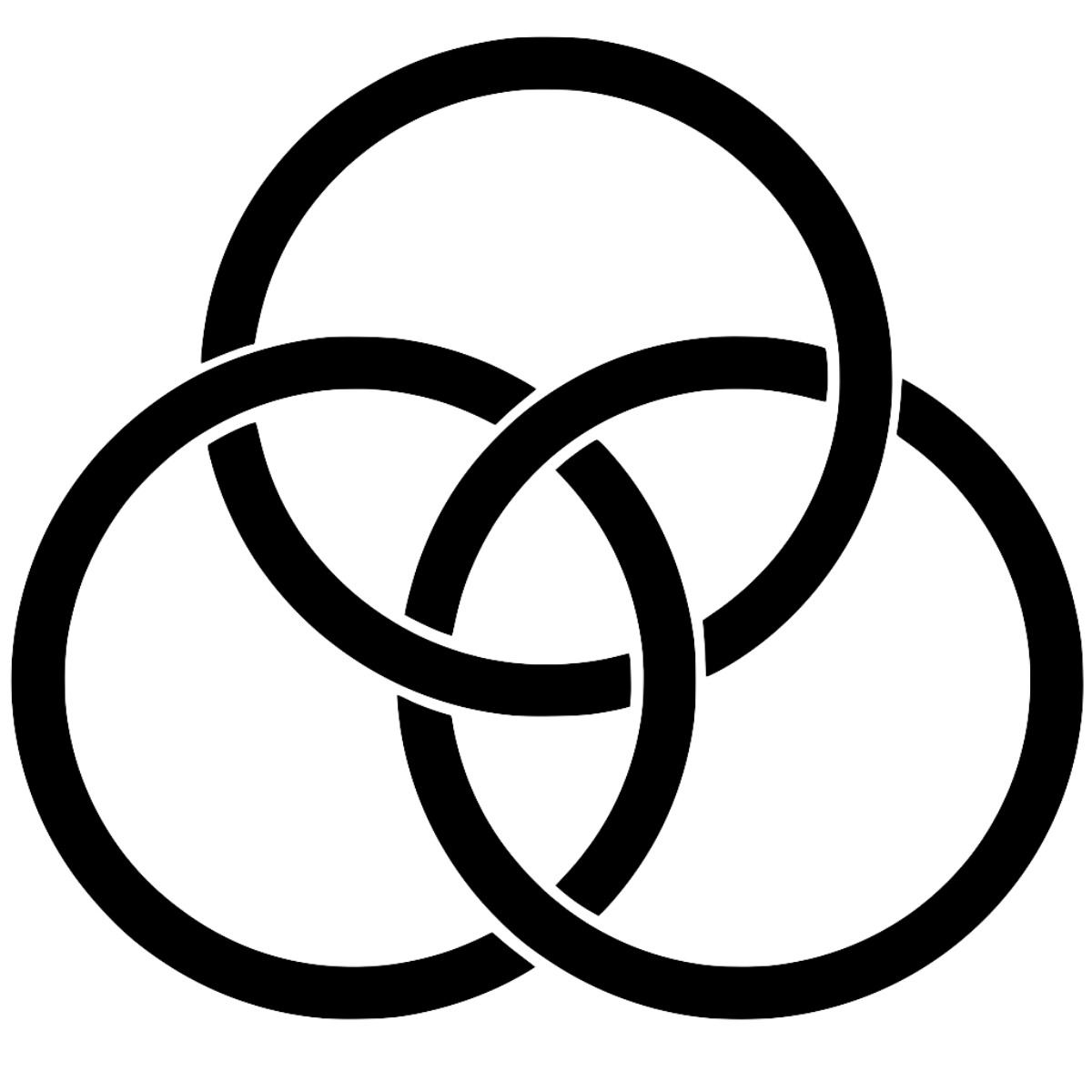Introjection
Definition
The term "introjection" was coined by Sándor Ferenczi in 1909, in order to denote the opposite of projection.[1]
Sigmund Freud
Freud took up the term soon afterwards, arguing that the "purified pleasure-ego" is constituted by the introjection of everything that is a source of pleasure.[2]
Melanie Klein
Melanie Klein uses the term a great deal, but restricts the term to the introjection of objects.
Jacques Lacan
Lacan criticizes the way psychoanalysts have tended to adopt "magical" views of introjection, which confuse it with incorporation, thus mixing up the orders of fantasy and structure.[3]
Thus Lacan rejects the Kleinian imagery in which introjects are internal objects which pass into the analyst by some kind of fantastic incorporation.
Symbolic Identification
Instead he argues that what is introjected is always a signifier.
"Introjection is always the introjection of the speech of the other."[4]
Introjection thus refers to the process of symbolic identification, the process by which the ego-ideal is constituted at the end of the Oedipus complex.[5]
Projection
Lacan is also opposed to the view that introjection is the opposite of projection.
Thus whereas in the Kleinian account an object can be introjected and then reprojected ad infinitum, Lacan argues that these two processes are located in entirely different registers and so cannot be conceived of as part of a single process.
He argues that projection is an imaginary phenomenon which relates to images, whereas introjection is a symbolic process which relates to signifiers.[6]
See Also
References
- ↑ Ferenczi, Sándor. "Introjection and Transference," 1909, in Sex in Psychoanalysis, New York: Basic Books, pp. 35-57.
- ↑ Freud, Sigmund. "Instincts and their Vicissitudes," 1915c. SE XIV, 111.
- ↑ Lacan, Jacques. The Seminar. Book I. Freud's Papers on Technique, 1953-54. Trans. John Forrester. New York: Nortion; Cambridge: Cambridge University Press, 1988. p. 169
- ↑ Lacan, Jacques. The Seminar. Book I. Freud's Papers on Technique, 1953-54. Trans. John Forrester. New York: Nortion; Cambridge: Cambridge University Press, 1988. p. 83
- ↑ Lacan, Jacques. Écrits: A Selection. Trans. Alan Sheridan. London: Tavistock Publications, 1977. p. 22
- ↑ Lacan, Jacques. Écrits. Paris: Seuil, 1966. p.655
